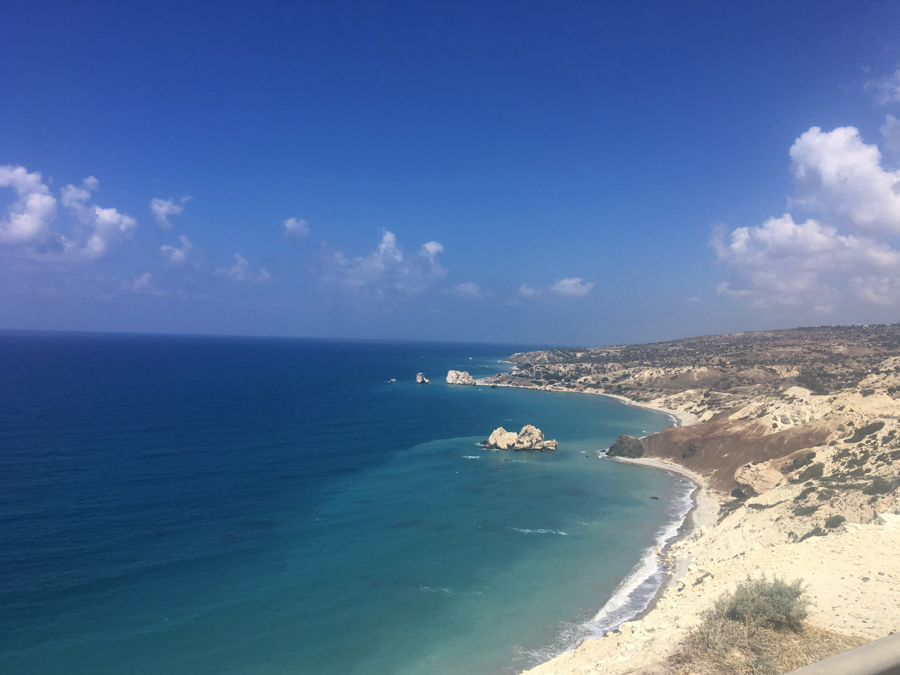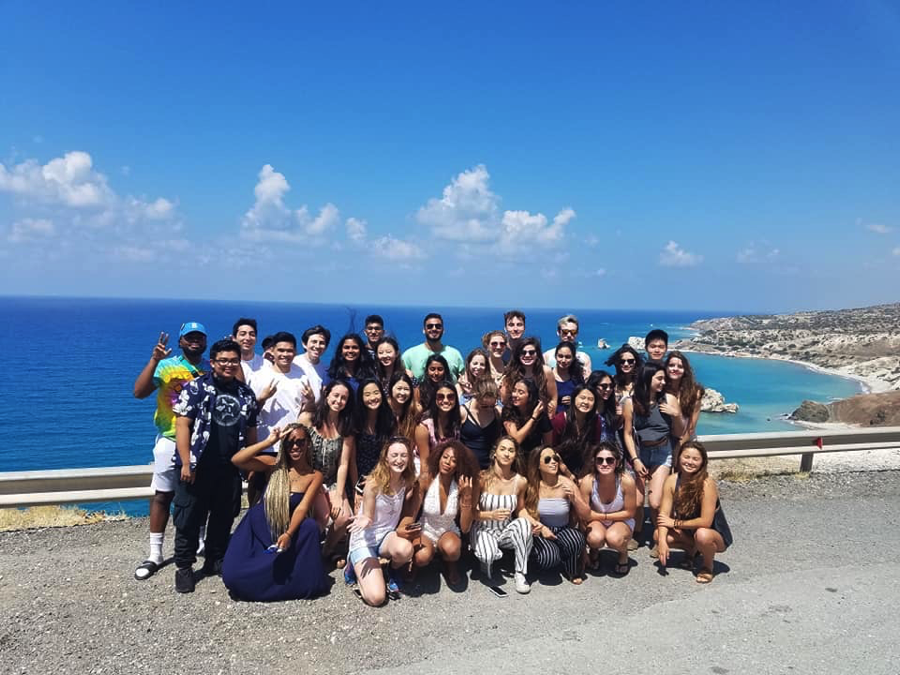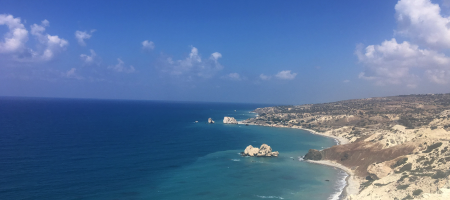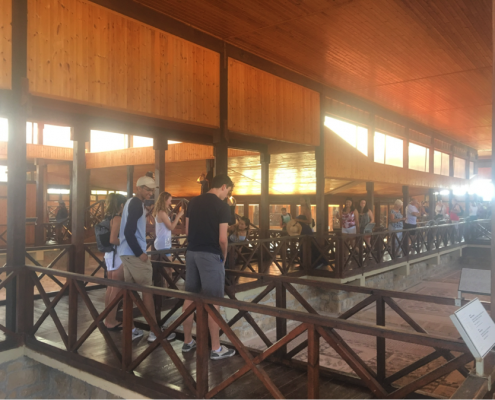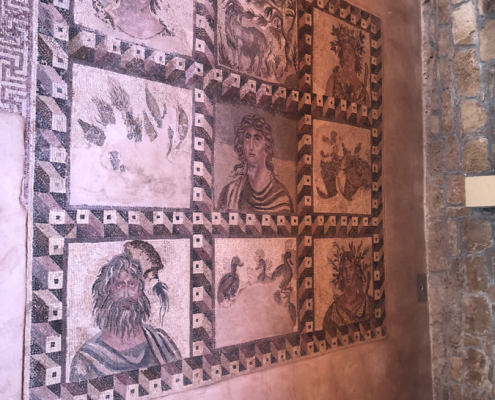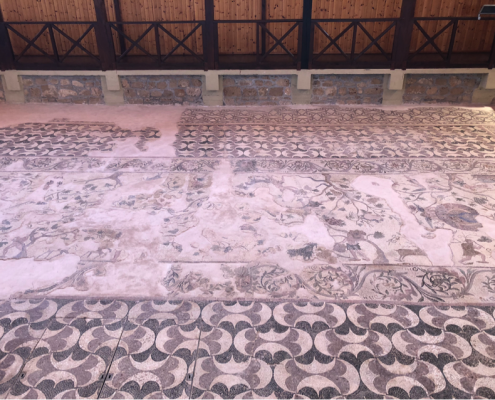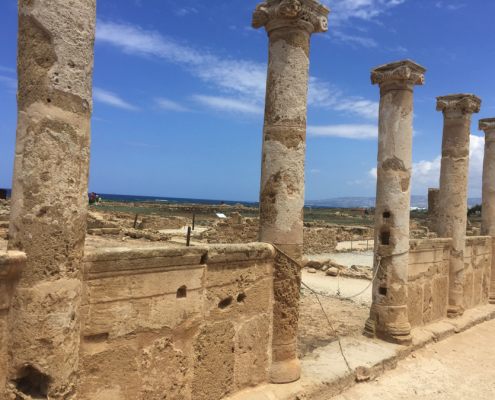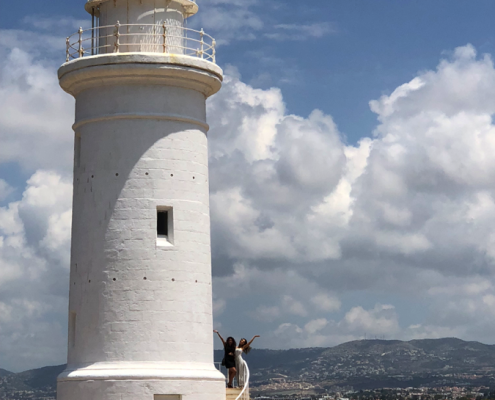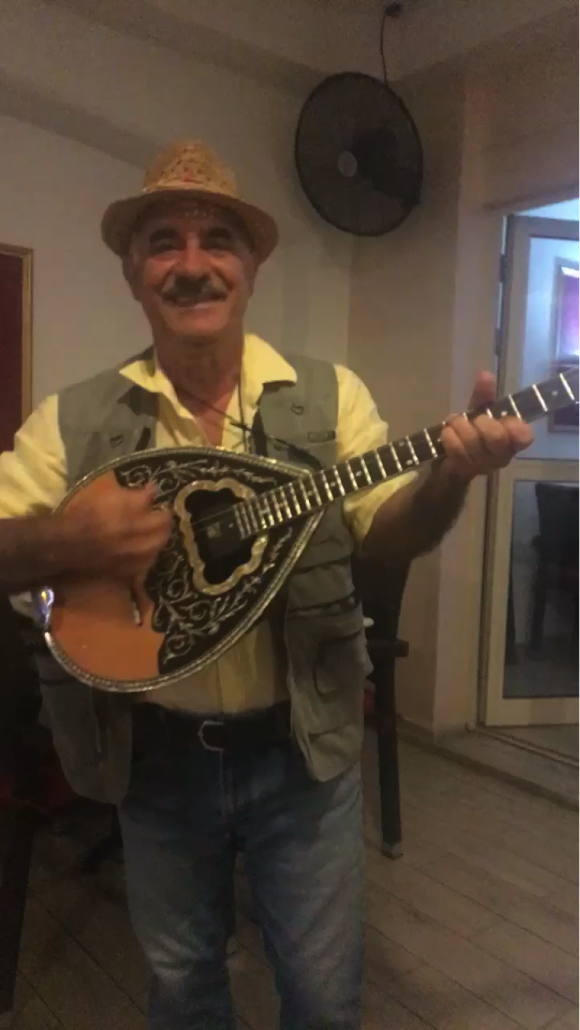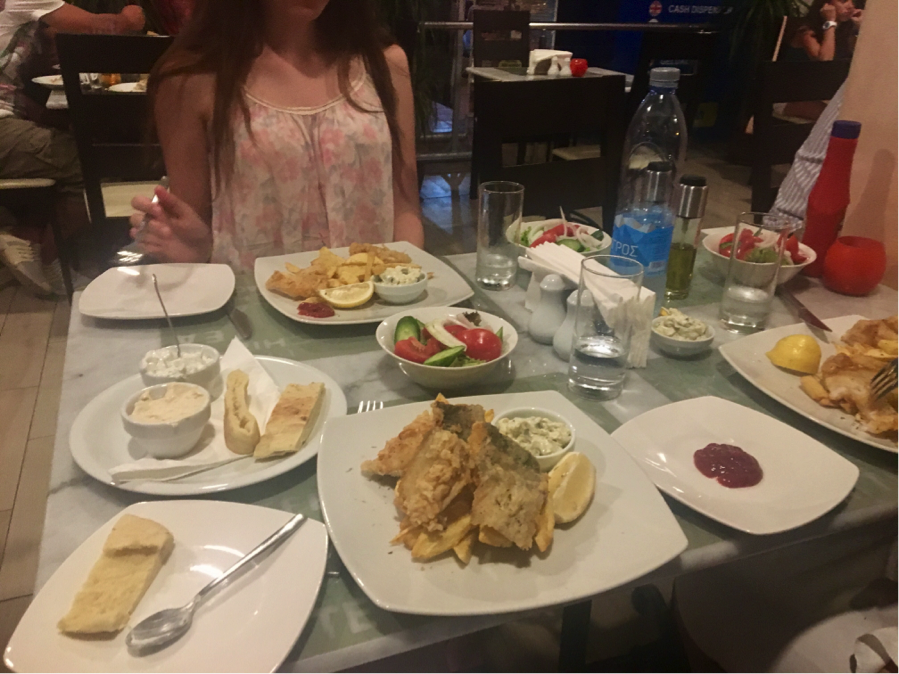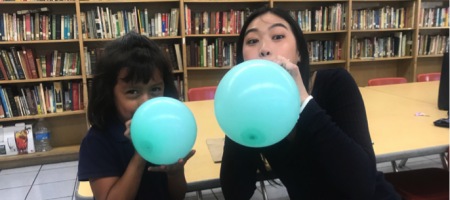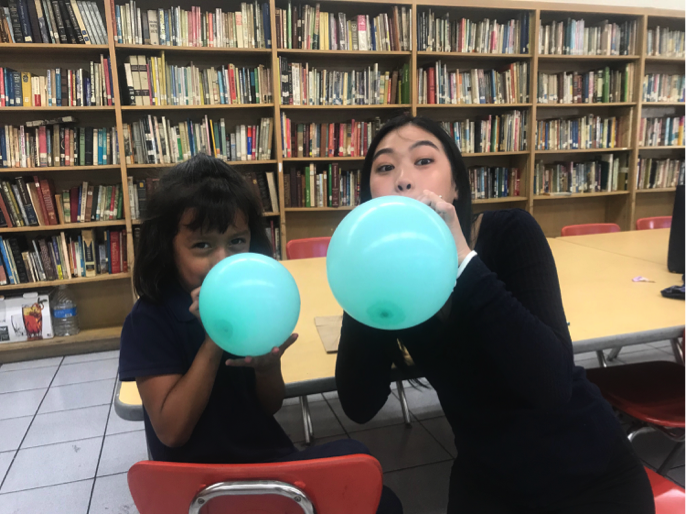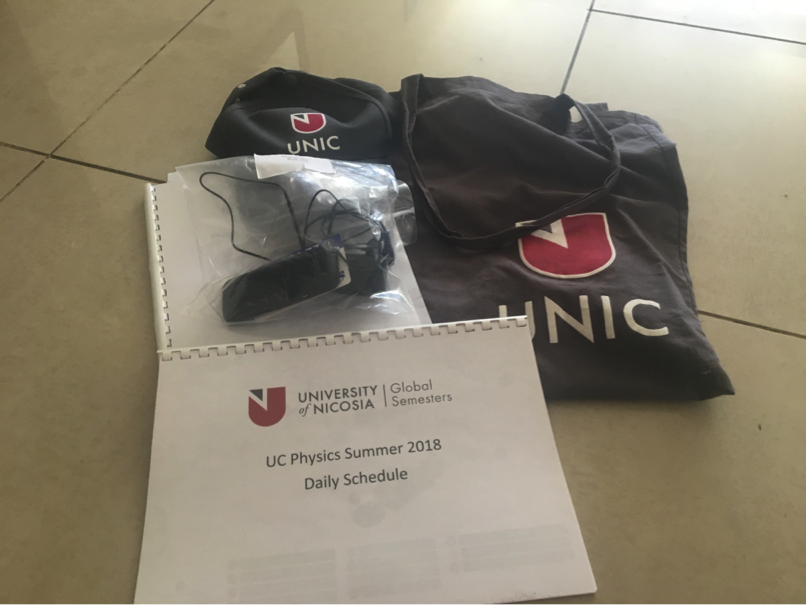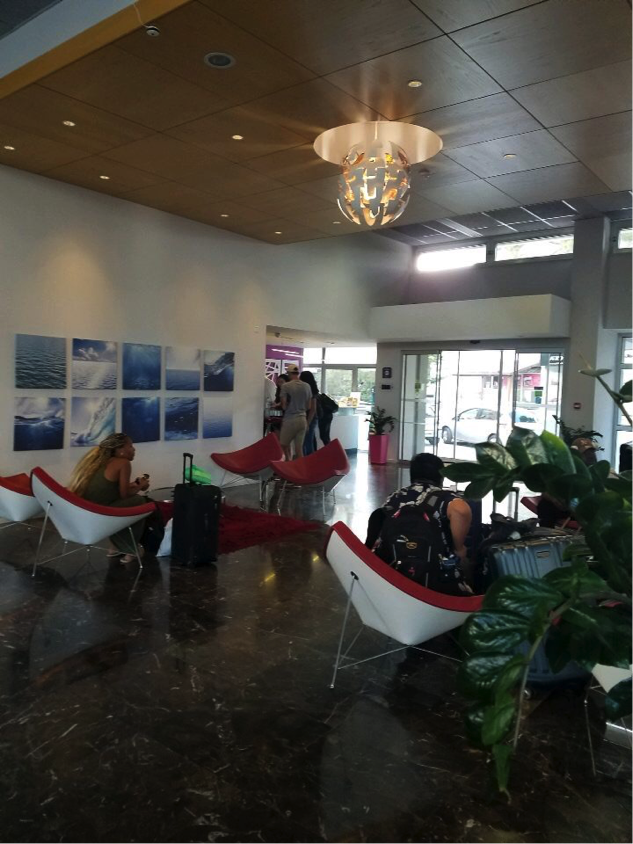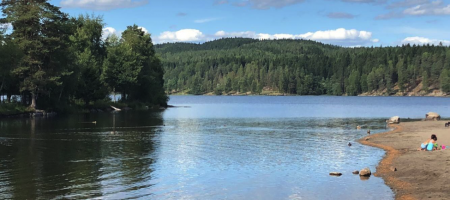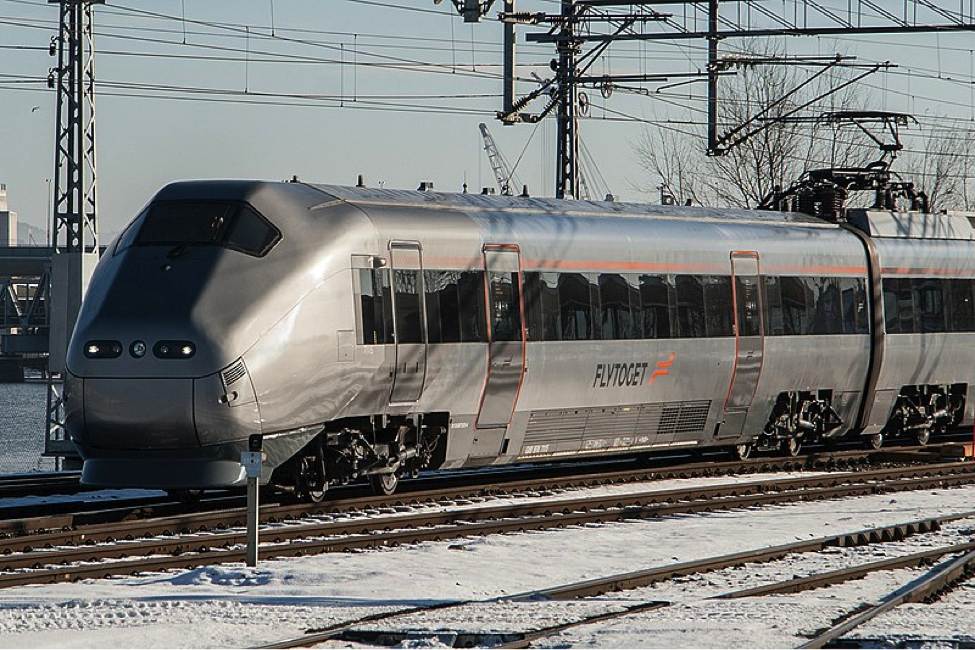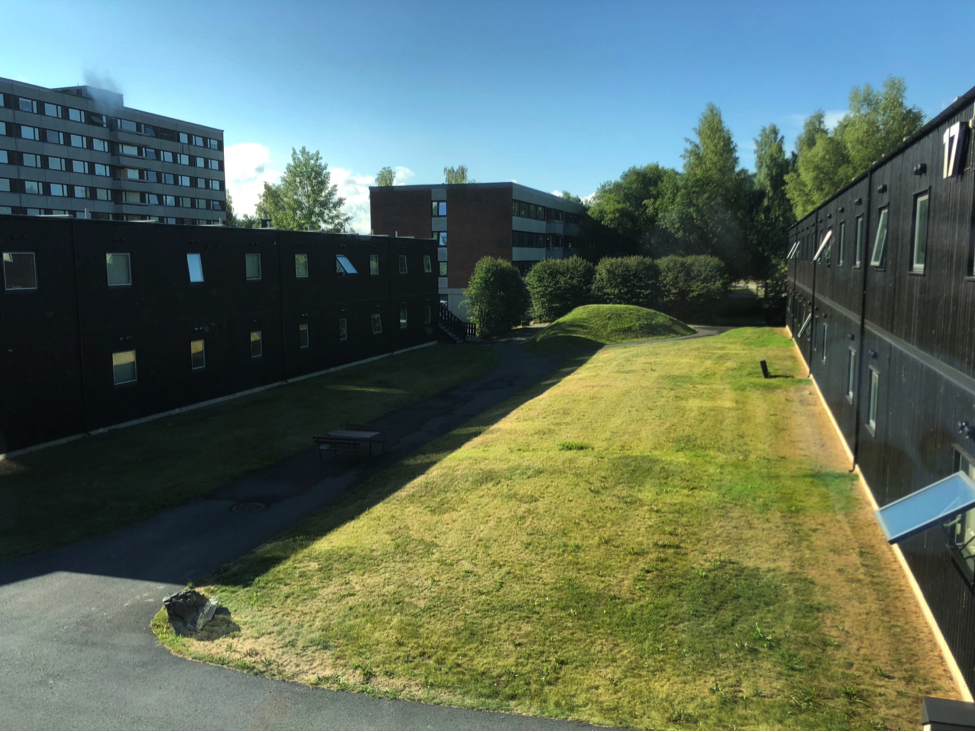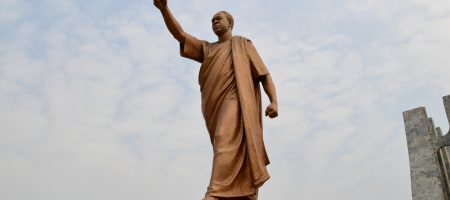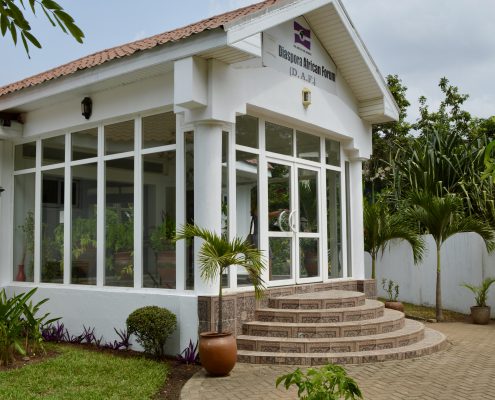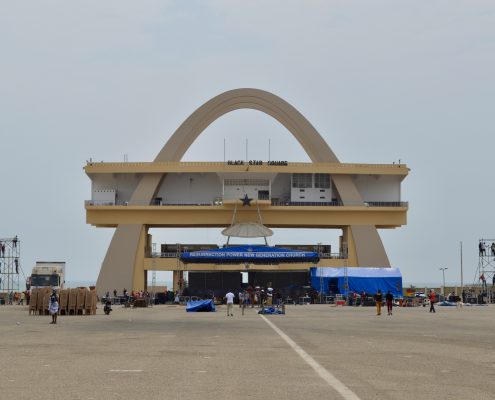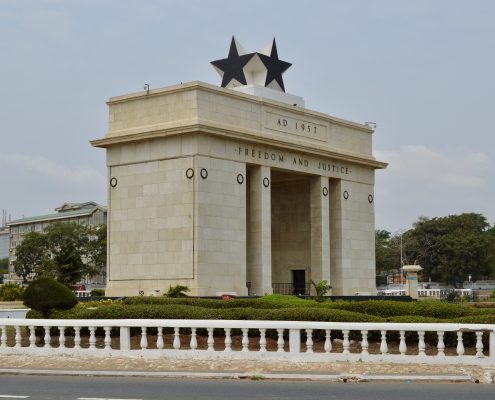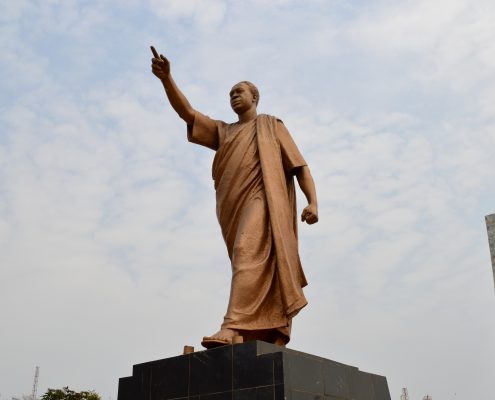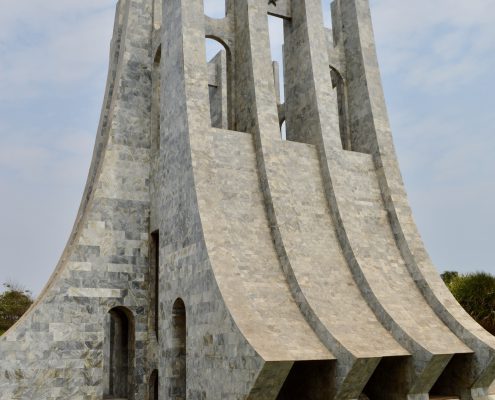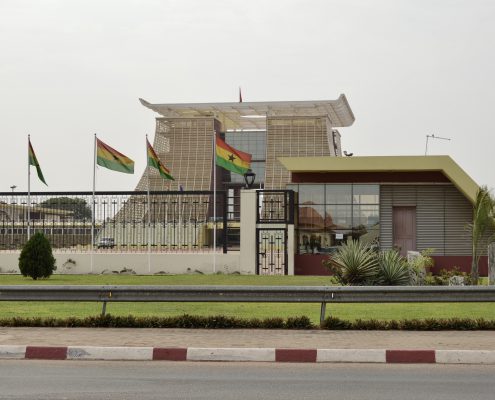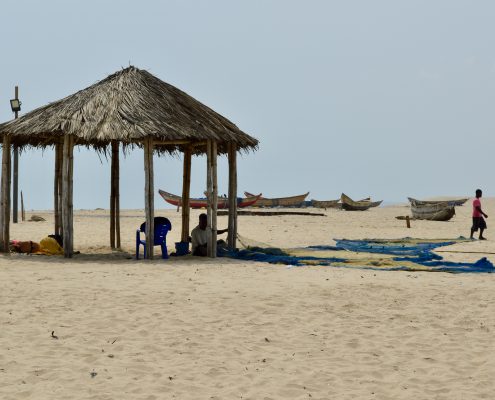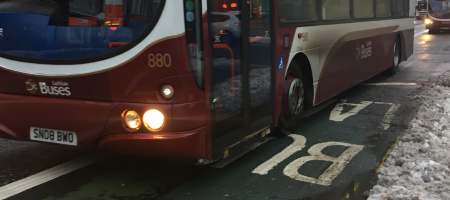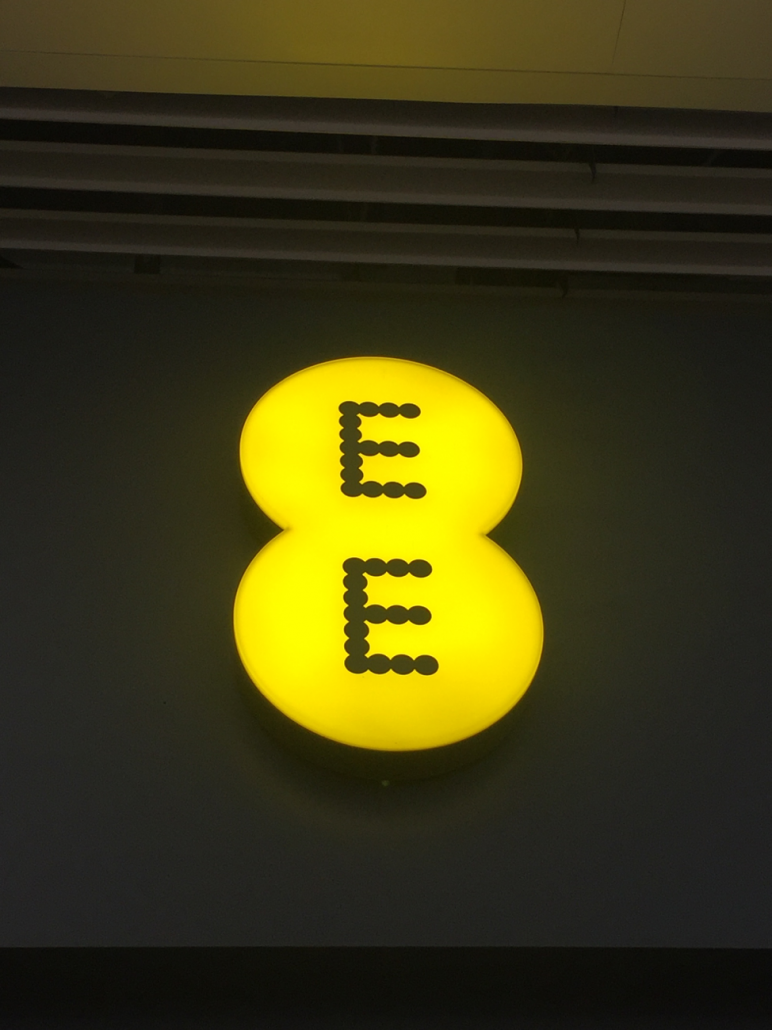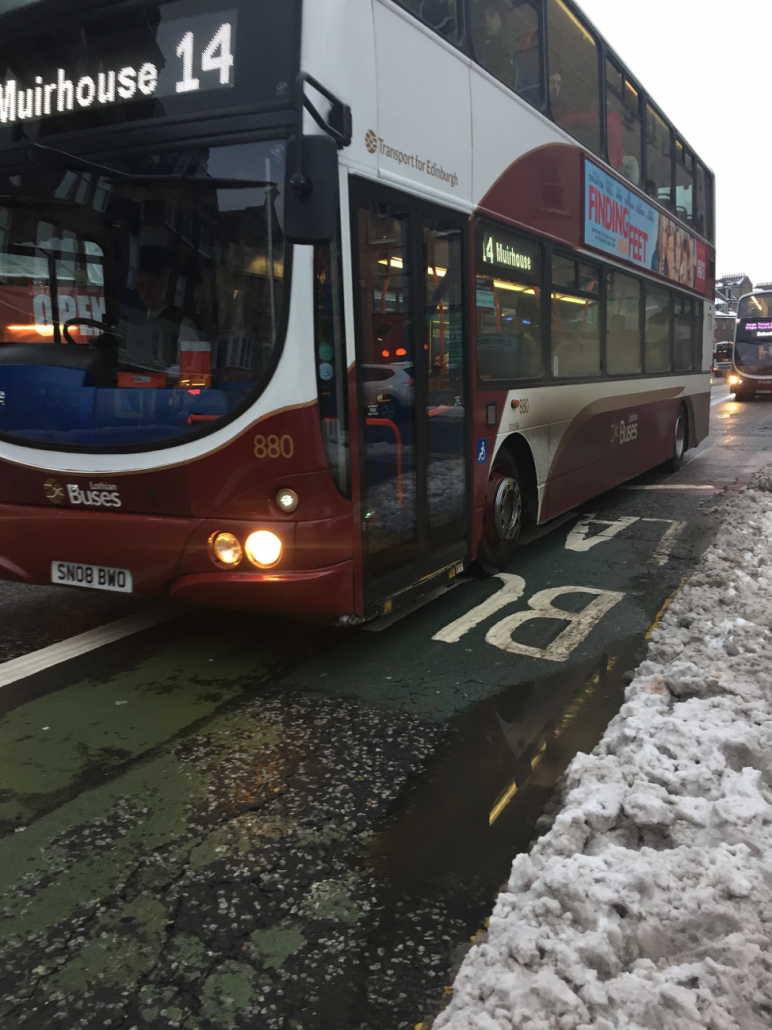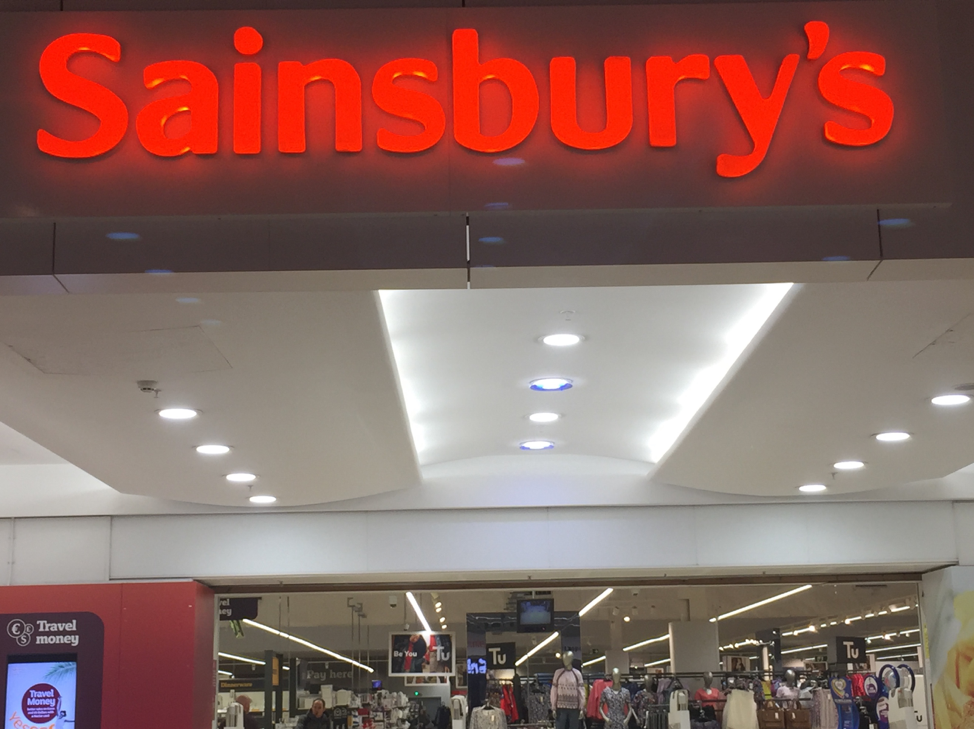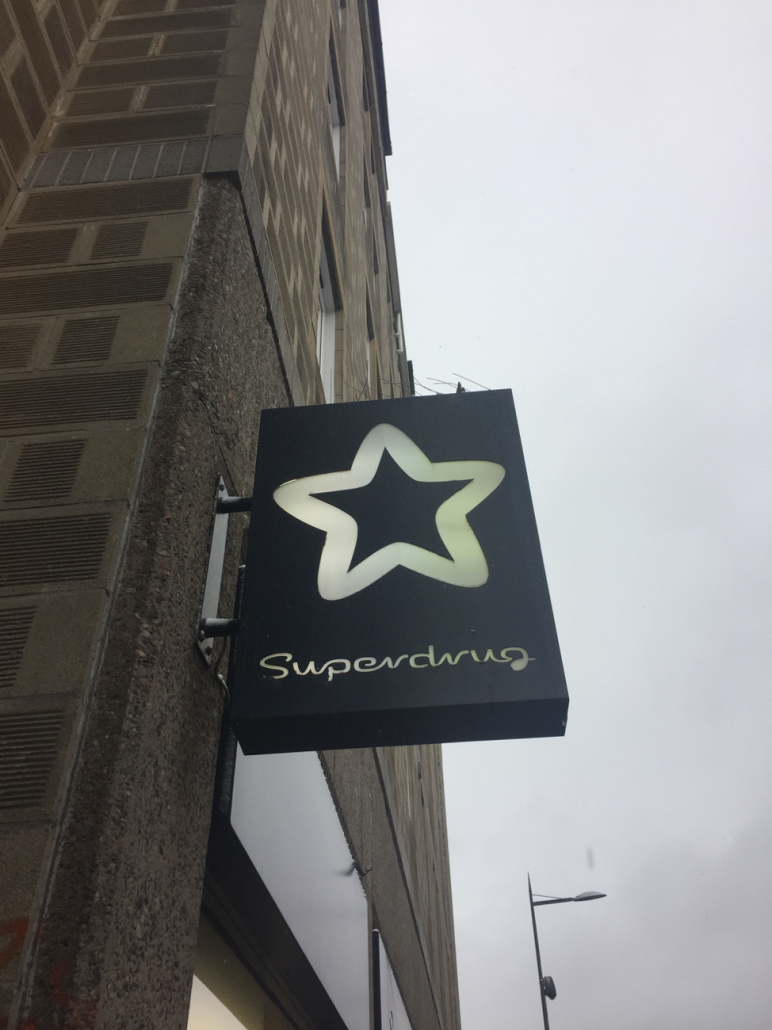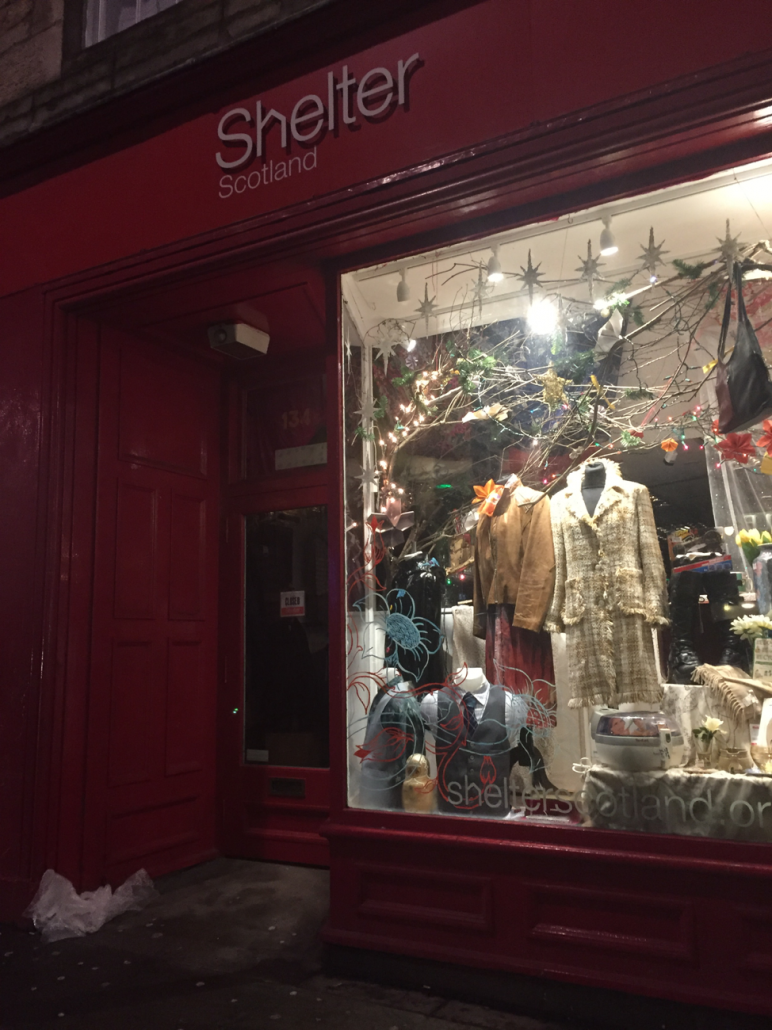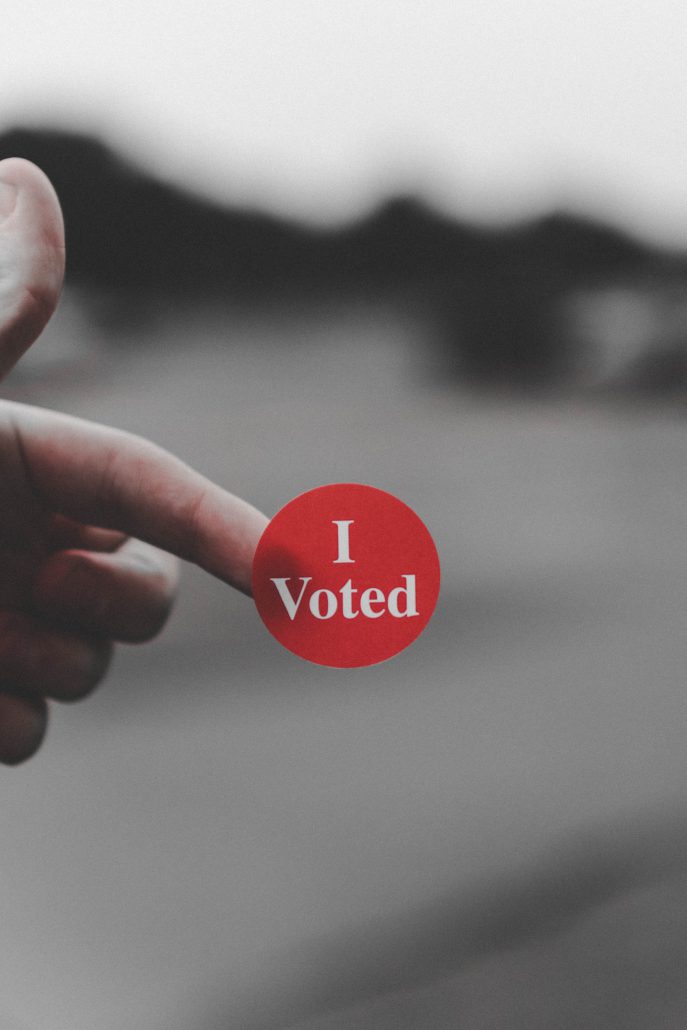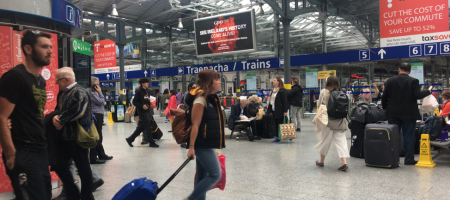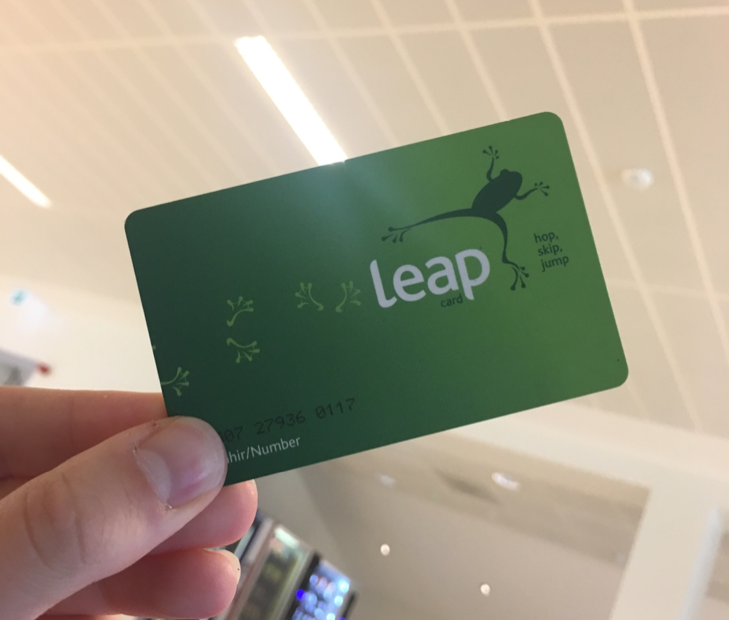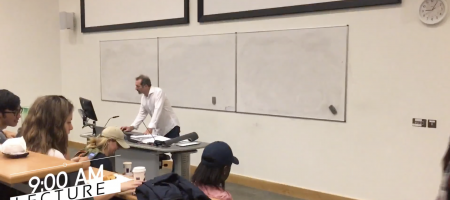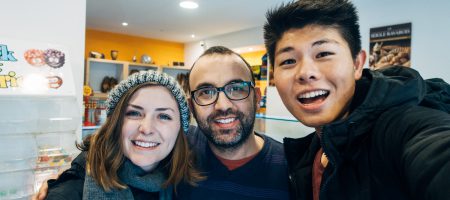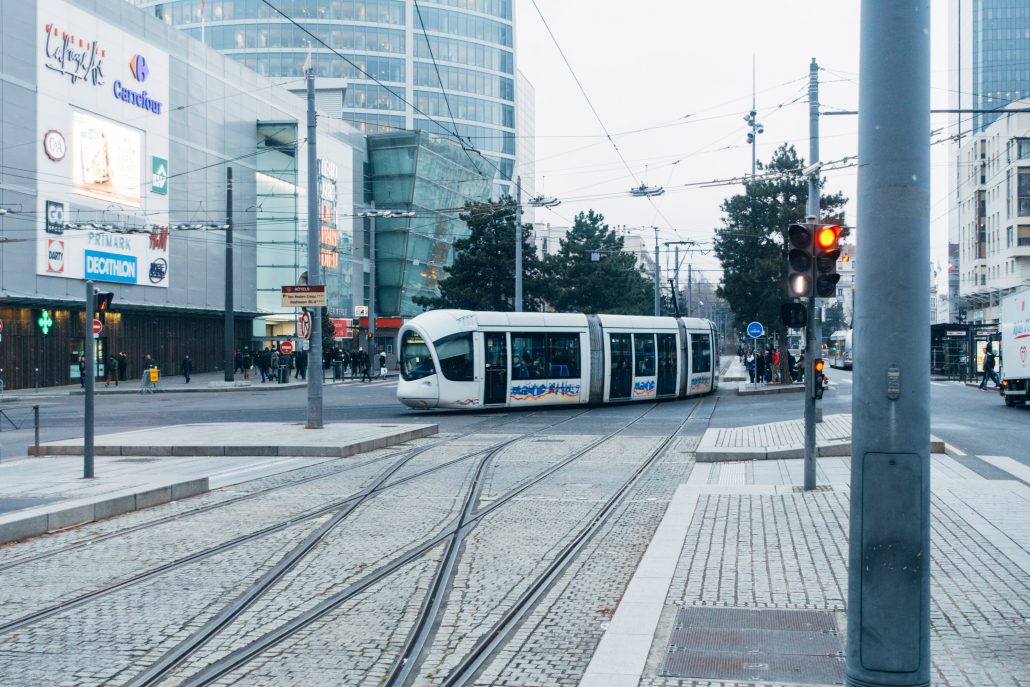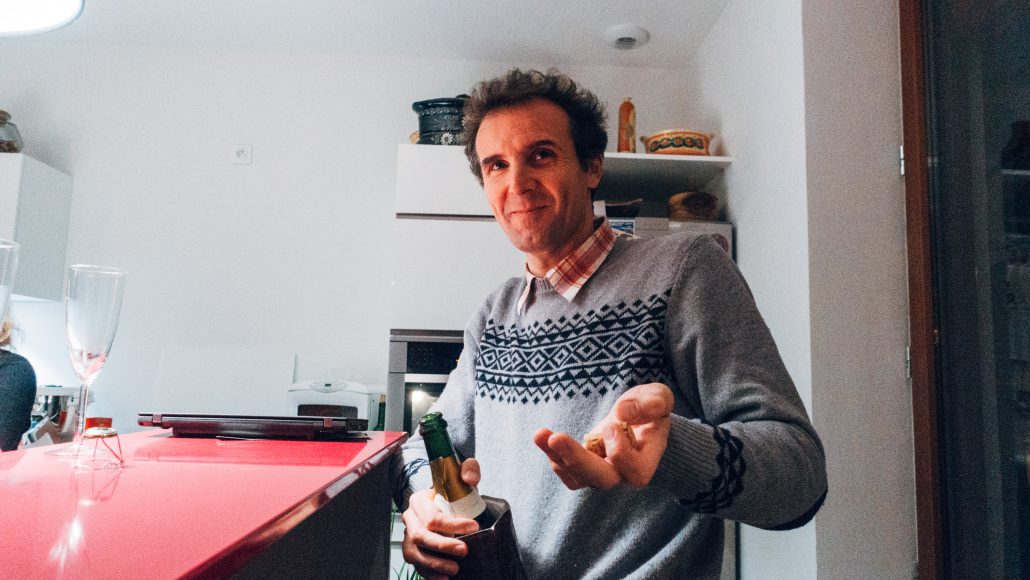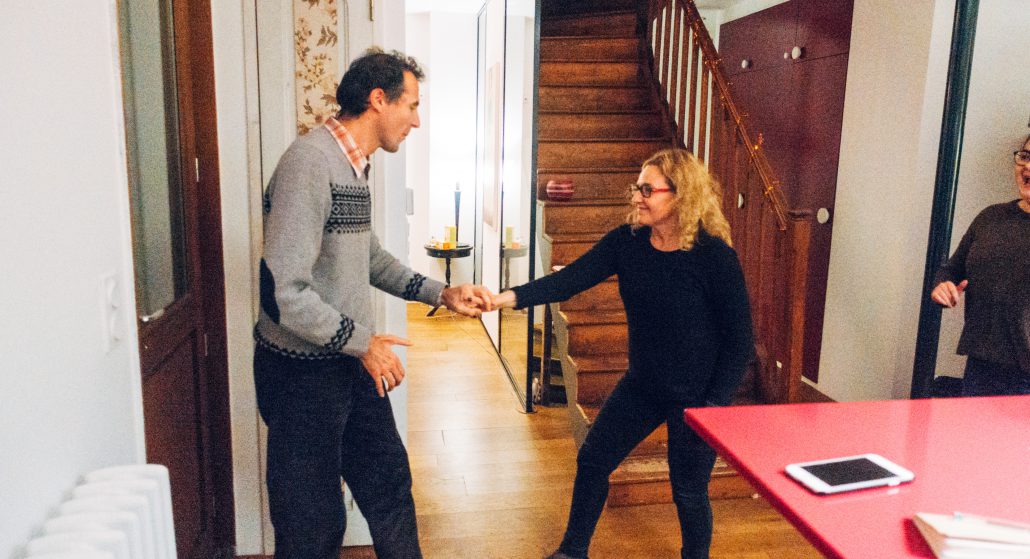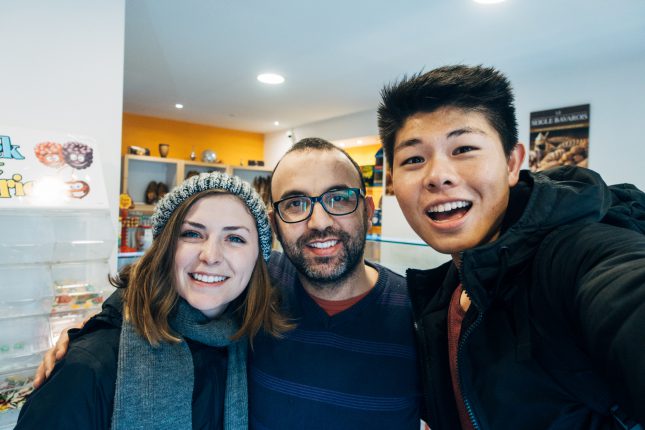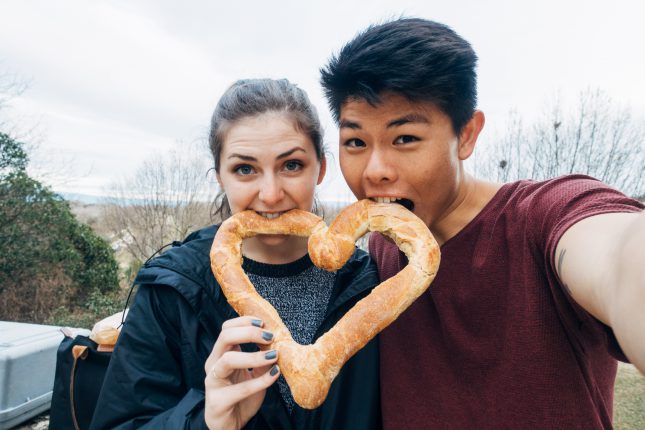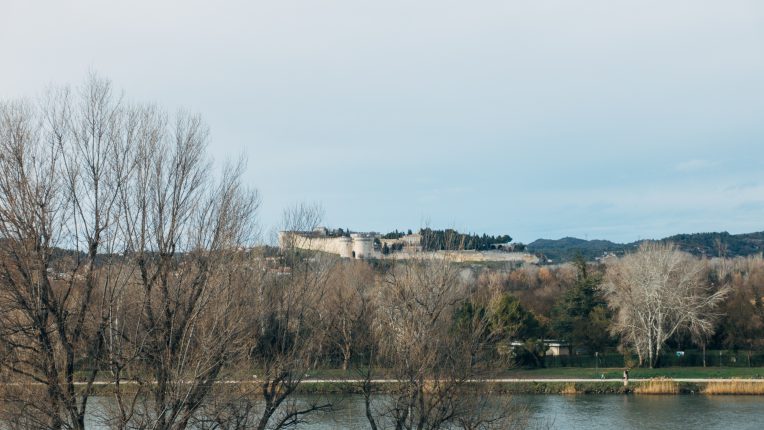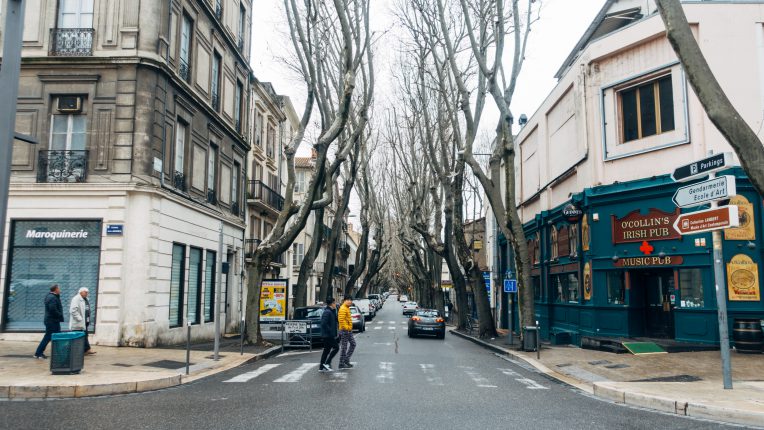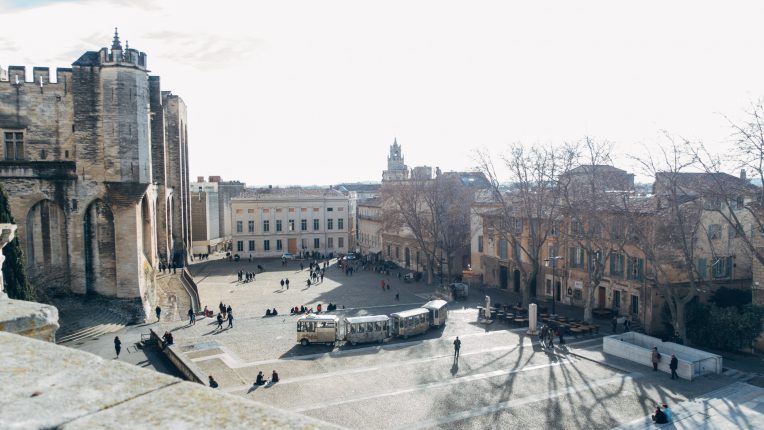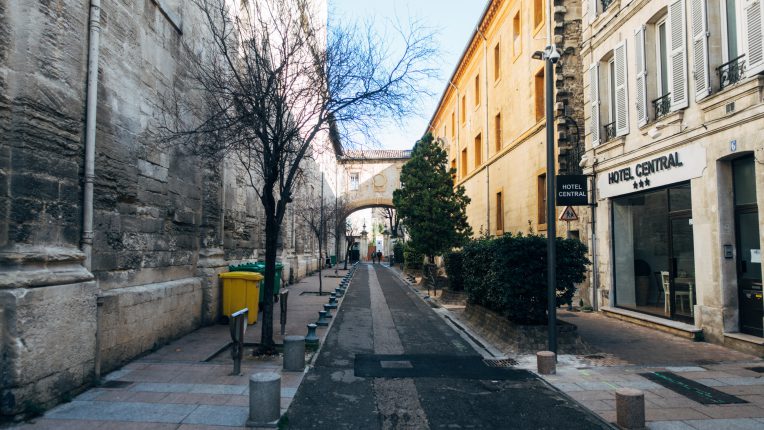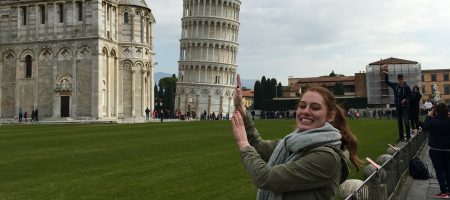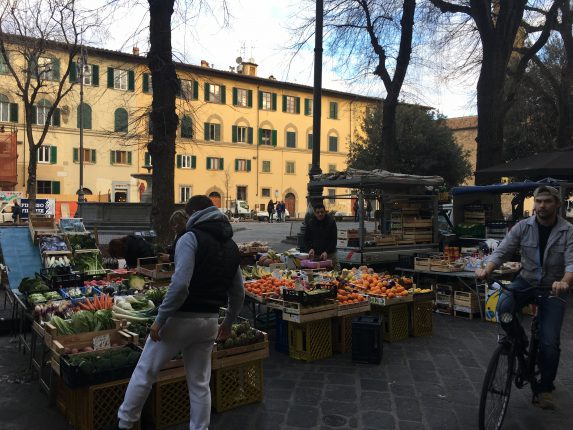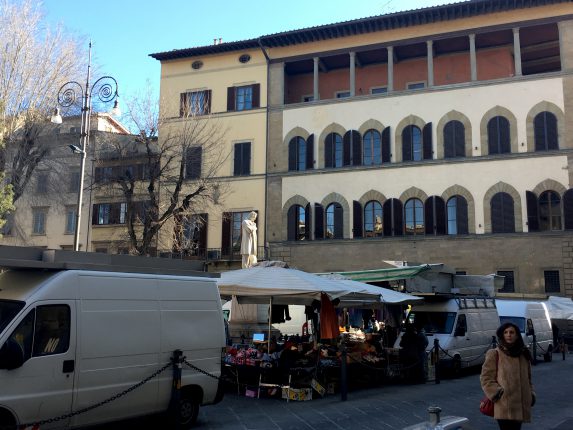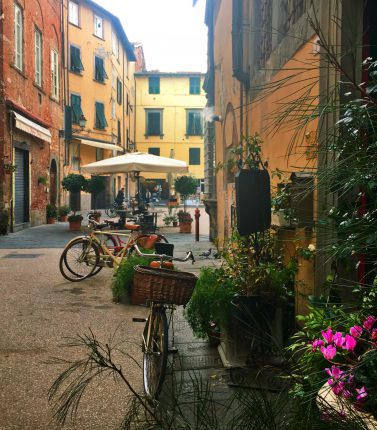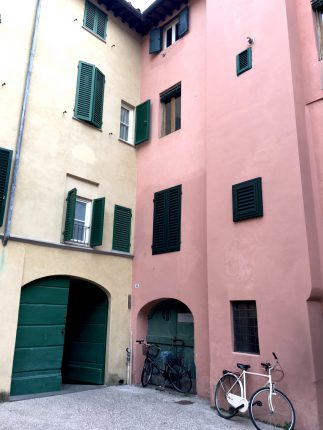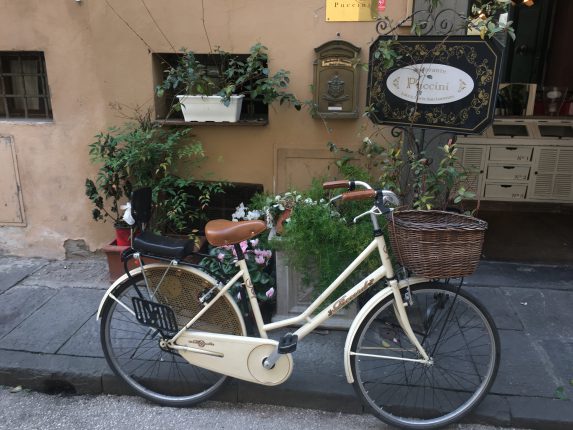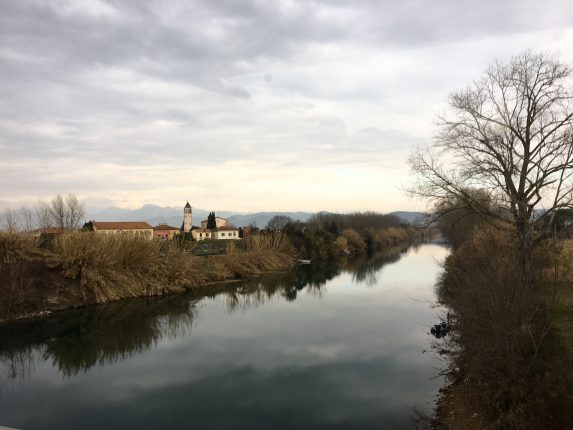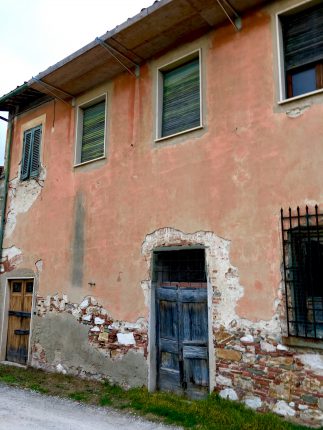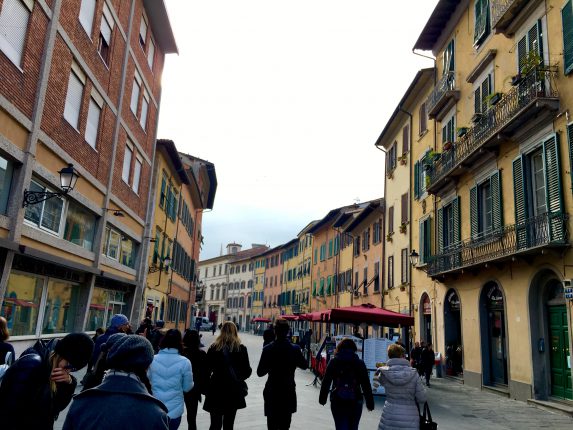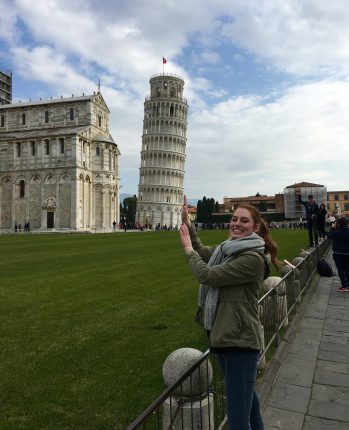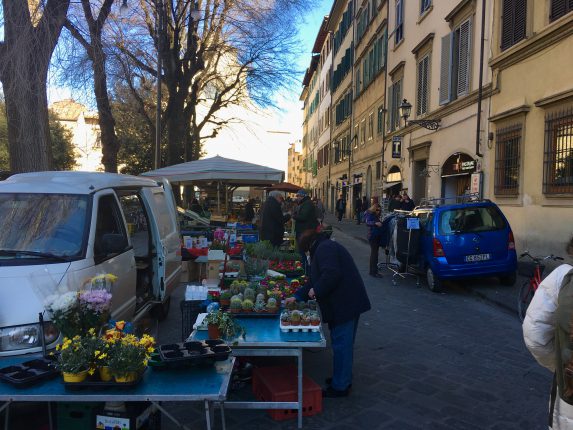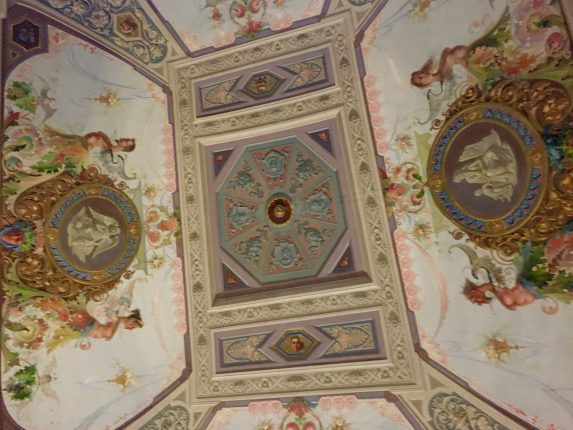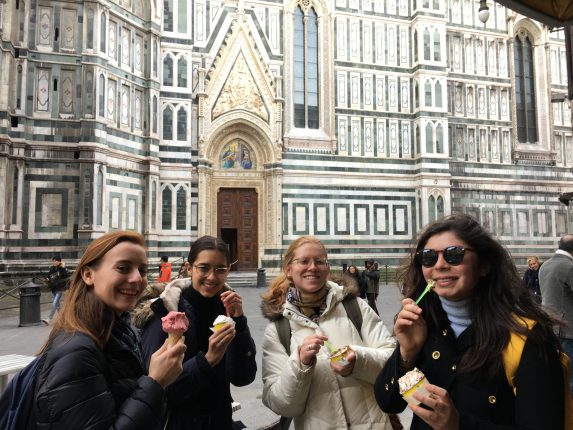Originally, when I heard that my language classes were going to be Monday through Thursday, and three and a half hours long each day, quite frankly, I was worried. Often times at UCLA, no matter how interesting the material, I count down the minutes until my sometimes just bi-weekly, one hour long classes end. But this is so different. Cinzia is amazing, and apparently all of the other Italian professors in the program are too. She is 40 years old, but clad in her red leather jacket, cool leopard print boots, and a nose ring, she’s as hip and edgy as an 18 year old.
Cinzia always makes games out of our Italian lessons. Last week we played Pictionary with our new vocabulary of adjectives for personalities. Later that day, Cinzia placed Post-it Notes on our backs, labeled with celebrities’ names, our temporary identities. Without knowing who we were, we had to ask each other for hints as to who we were portraying, speaking only in Italian, of course. I was given Julia Roberts, but my classmates were little help in my attempt to guess my celebrity identity. Almost every question I asked—sono una atrice? (am I an actress), sono giovane? Vecchia? (Am I young? Old?) —was responded with, “Uh… I don’t know who that is.” They didn’t know who Julia Roberts was! It not only made me concerned that I was losing the game, but I was also worried about the future of our planet 😉
Cinzia’s loves to play Italian rock music for us, although her favorite band is Pearl Jam. She prints out the lyrics, has us stand in a circle, and makes us sing along with the song. Because we never know the melody, let alone the language of the lyrics really, our signing is usually an atonal, cacophonous mess, but a hilarious and fun mess, at that.
This week Cinzia split our class of ten into a group of five girls and five boys. She had us write our own Italian songs. Our girl group translated the lyrics to Beyonce’s “Single Ladies” into Italian (Tuttle le donne single) and came up with ridiculous choreography to match. Cinzia videoed our performance, and I’m pretty sure she posted it on YouTube somewhere, but I’d rather that stay hidden in the deep dark depths of the internet (along with anything I posted on social media before the 9th grade).
Everyday, halfway through class, at 10:30, Ciniza lets us out for a 20 minute coffee break. The ten of us leave class and peruse the combined farmer’s market and flea market that is directly outside of the school’s entrance. Students pick up fresh produce for the night’s dinner and try on vintage coats for the next time they go to the opera. Then, without fail, we always go either to Ricchi caffè or Volume for the rest of our break.
At the caffès (which are often called bars here), we all order in Italian, completely humbled, as we hem and haw and stumble over each word. We eventually get the message across, with the assistance of pointing and other types of exaggerated pantomiming. I get a cappuccino, and more often than not, a croissant (un cornetto—NOT corretto, which is a coffee with grappa!). We all stand at the counter because there is a “sitting charge” in Italy, plus it feels more sophisticated to stand at the bar. I sip and savor the liquid gold in my little cup, each swallow deepening my regret over time wasted on all past Starbucks orders. When we’re finished sopping up the last miniscule puddle of cappuccino with the heel of our croissants, we meander back to class, feeling energized and ready for more singing in Italian.
I actually think I am most happy when I am in class here, which is something I was absolutely not expecting to say. Besides thoroughly enjoying Cinzia’s interactive teaching style, going to school, and other typically mundane tasks (like grocery shopping or taking out the garbage) elevates this adventure for me. It transforms this experience from being an extended vacation, to feeling like I’m truly living here in Italy.
I often sit in class, a room that has been standing since the 1400s (longer than the US has been a country, which really baffles me) and I just marvel at the intricately hand-painted ceilings that almost rival the Sistine Chapel (which I actually got to see in Rome last weekend!!!). So much of this experience so far has felt like one big dream, and I’m worried that it will never really hit me that I’m actually here. But moments like these, when I’m sitting in the classroom, or picking out yogurt from the local grocery store, ground this experience in reality for me, and make me really appreciate this time for how truly special it is.
Next time I’ll tell you about my History of Food course, which is on a whole other level of delicious excellence! To be continued…
